question about safe materials in garden
mrs_tlc
13 years ago
Featured Answer
Sort by:Oldest
Comments (13)
Dan _Staley (5b Sunset 2B AHS 7)
13 years agoRelated Professionals
Rancho Palos Verdes Landscape Architects & Landscape Designers · Tomball Landscape Architects & Landscape Designers · Billerica Landscape Contractors · Brookside Landscape Contractors · Addison Landscape Contractors · Bellefontaine Neighbors Landscape Contractors · Costa Mesa Landscape Contractors · Dinuba Landscape Contractors · Glendale Heights Landscape Contractors · Albemarle Decks, Patios & Outdoor Enclosures · Athens Decks, Patios & Outdoor Enclosures · New Albany Decks, Patios & Outdoor Enclosures · St. Louis Decks, Patios & Outdoor Enclosures · Westfield Decks, Patios & Outdoor Enclosures · Decks, Patios & Outdoor Enclosuresalabamanicole
13 years agoKimmsr
13 years agoalphonse
13 years agogjcore
13 years agogatormomx2
13 years agoKimmsr
13 years agoalabamanicole
13 years agoDan _Staley (5b Sunset 2B AHS 7)
13 years agoborderbarb
13 years agomacbirch
13 years agodarshanamaya
9 years ago
Related Stories

GREEN BUILDINGConsidering Concrete Floors? 3 Green-Minded Questions to Ask
Learn what’s in your concrete and about sustainability to make a healthy choice for your home and the earth
Full Story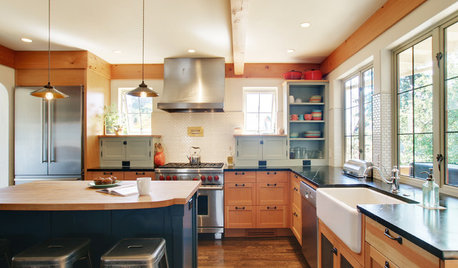
MOST POPULAR8 Questions to Ask Yourself Before Meeting With Your Designer
Thinking in advance about how you use your space will get your first design consultation off to its best start
Full Story
REMODELING GUIDESConsidering a Fixer-Upper? 15 Questions to Ask First
Learn about the hidden costs and treasures of older homes to avoid budget surprises and accidentally tossing valuable features
Full Story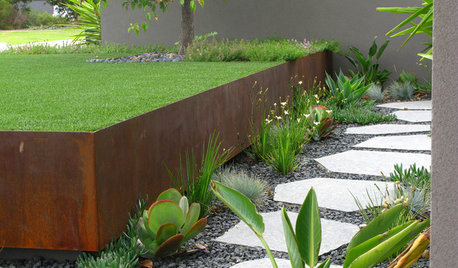
LANDSCAPE DESIGN7 Questions to Ask Before Laying Stepping Stones
These broken-up pathways invite you to put a spring in your step — while adding functionality to the garden
Full Story
GARDENING GUIDESNew Ways to Think About All That Mulch in the Garden
Before you go making a mountain out of a mulch hill, learn the facts about what your plants and soil really want
Full Story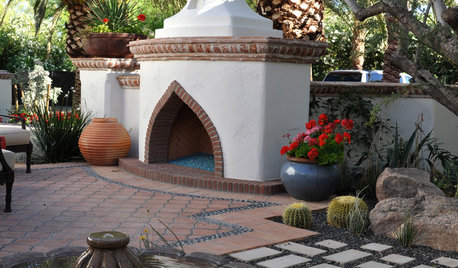
GARDENING GUIDESCreate a Fire-Safe Garden — With Style
Defend your home against wildfire with a well-planned mix of plants, materials and open space
Full Story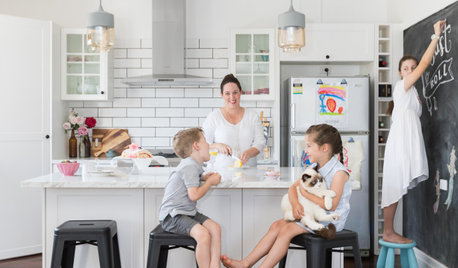
FEEL-GOOD HOMEThe Question That Can Make You Love Your Home More
Change your relationship with your house for the better by focusing on the answer to something designers often ask
Full Story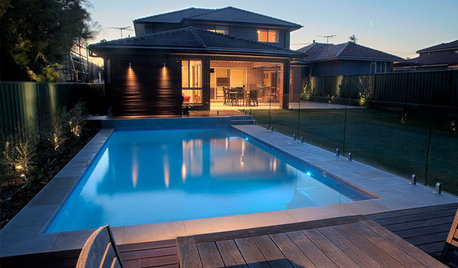
GARDENING AND LANDSCAPINGPlan for Summer: Protect Your Family With a Safe Pool
Fencing, presence detectors and non-slip materials help keep your pool area accident-free
Full Story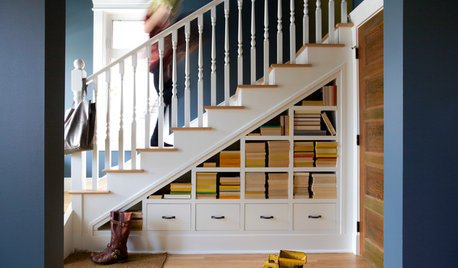
ORGANIZINGPre-Storage Checklist: 10 Questions to Ask Yourself Before You Store
Wait, stop. Do you really need to keep that item you’re about to put into storage?
Full Story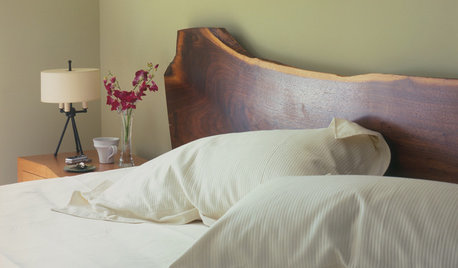
HEALTHY HOMEWhat You Need to Know About Dust and How to Fight It
Breathe easier with these 10 tips for busting mites, dander and other microscopic undesirables
Full Story







borderbarb